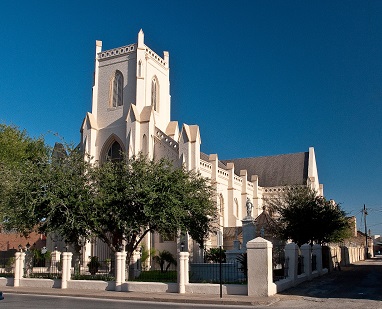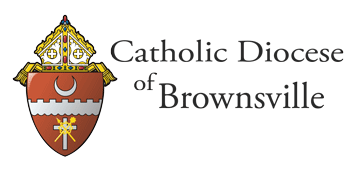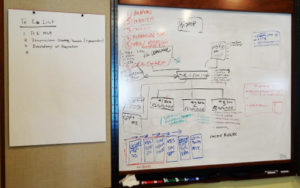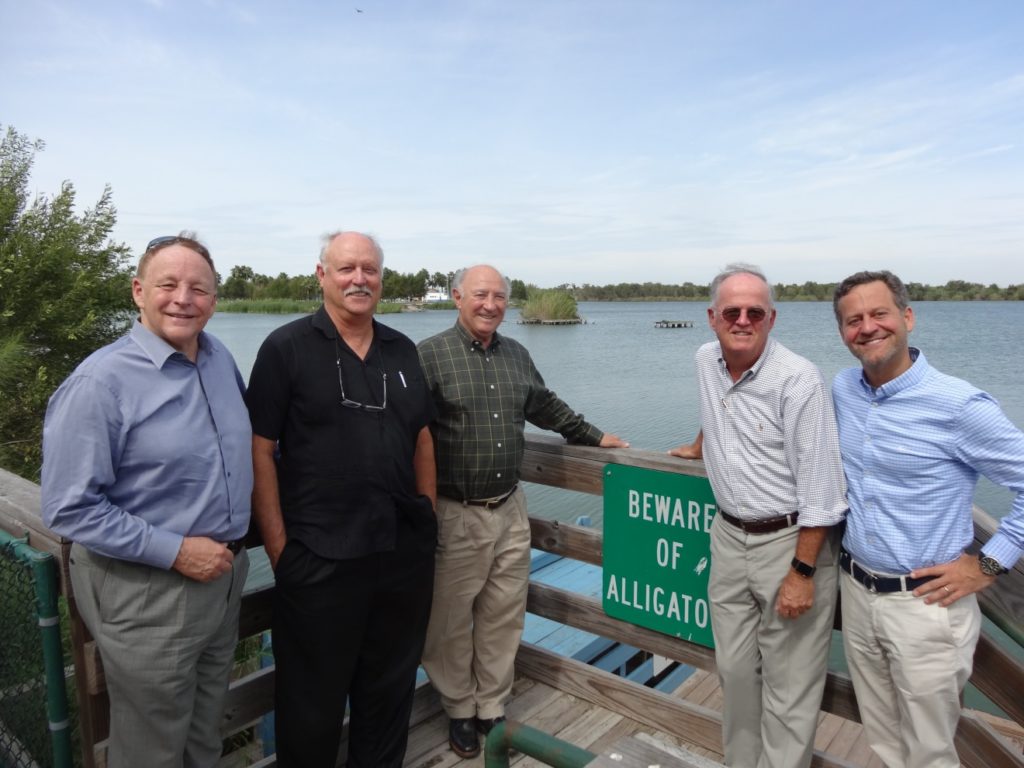
“I can sum up our experience with the words of Bishop Flores: he put his hand on my shoulder and simply said, “thank you, this was exactly what the Diocese needed.” We are most grateful to God, CRE as an organization, and the Counselors who delivered beyond our expectations.”
Miguel Santos, Director, Office of Strategy & Planning, Diocese of Brownsville
The Client
 The Diocese of Brownsville, Texas is a large, dynamic, and growing diocese that owns a portfolio of property, including churches, schools, land, and other facilities. The Diocese area encompasses four counties in Texas situated in the southernmost tip of Texas on the Gulf of Mexico.
The Diocese of Brownsville, Texas is a large, dynamic, and growing diocese that owns a portfolio of property, including churches, schools, land, and other facilities. The Diocese area encompasses four counties in Texas situated in the southernmost tip of Texas on the Gulf of Mexico.
A rich and deep tradition of the Catholic faith has endured in the Rio Grande Valley for more than 500 years. While the Catholic faith may be deeply rooted in the Valley’s history and culture, the Diocese is young. It was established in 1965 and formed by detaching the four counties from the Diocese of Corpus Christi.
The Diocese economically ranks among the poorest in the nation. Serving a population of over a million and covering an area of over 4200 square miles, the priests and other clergy are stretched thin. Nonetheless, this growing Diocese estimates it will need to build 5-6 new parishes in the coming years. It is challenged with how to plan and fund future growth.
The Challenge

The Diocese asked for an objective assessment of its Office of Buildings and Properties. Parish priests had expressed frustration at requirements and current policies which complicate and delay projects—whether replacing a roof or building a new parish hall.
Another important need was the development of a plan which would help the diocese quantify its real estate holdings, determine which properties were in use by the parishes, which properties were currently vacant but designated for anticipated future growth, and which properties were surplus and could be monetized to support the church mission.
“Thank you for making a spot for me on the team; I learned a lot from my fellow CREs! This assignment provided the opportunity to be of service to others―a chance to make a real difference to an organization that makes a real difference every day by serving others.”
Robert Axelson, CRE, AXE Interests LLC, Houston, Consulting Corps team member
The Assessment
Prior to the on-site visit, team members reviewed available market data and information provided by the Diocese, including the current policies and procedures for building renovation and construction. On-site, the team was briefed by the Diocesan leadership. They toured several sites, including the Basilica of Our Lady of San Juan Del Valle, a number of parishes, lands that may be candidates for disposition, and other church holdings. They continued to gather market information while on site, including market observations from fellow Counselor Charles McClure (Dallas, Texas), who has studied the area, on both sides of the border, extensively. The team interviewed a number of stakeholders, including Diocesan leadership and staff, area business leaders, and real estate professionals. On Thursday the team sequestered itself to brainstorm and finalize their final recommendations to the Diocese. A preliminary exit-briefing was presented on Friday. A written report was submitted after the team returned home.
Recommendations
 To guide their work, the CRE team drafted a “working” real estate mission statement with guiding principles. The Diocese is in the process of developing their strategic plan; the team believes the draft real estate mission statement will mesh with the mission of the Diocese.
To guide their work, the CRE team drafted a “working” real estate mission statement with guiding principles. The Diocese is in the process of developing their strategic plan; the team believes the draft real estate mission statement will mesh with the mission of the Diocese.
The team proposed that the Diocese move quickly and permanently to a new model for real estate services that changes from a risk-only paradigm to a customer service paradigm and includes the proper steps of real estate development and management. The proposed process will more accurately define needs and estimate costs and project timelines enabling the Bishop to make executive-level decisions more quickly and confidently. The recommended process is more in line with the very widely used model in the broader real estate industry. It will not only still manage risk but do so in a more comprehensive and programmatic way. The proposal included staffing, advisory, and oversight responsibilities.
The team recommended that an organized effort be undertaken to inventory and catalog all of the real estate the Diocese owns. While this may sound like a fundamental and rather simple undertaking, that is not the case. Because the Diocese is a large landowner—with its 75 parishes and 45 missions, Diocese offices, and other lands in a four-county area—the task is complicated and potentially time-consuming. Strategies the Diocese could implement were suggested.
And finally, a basic process to facilitate buy/hold/sell decisions was provided.
“It was a great experience professionally, personally and spiritually. In order, I believe we submitted some critical, professional recommendations; personally it was a great joy to meet and work with CRE colleagues and I hope we can stay in touch; and spiritually I believe we “did good” to impact the lives of people served by the Diocese.”
Thomas Shircliff, CRE, Intelligent Buildings, Charlotte, Consulting Corps team member
The Team
(left to right, below) Robert Axelson, CRE, AXE Interests LLC, Houston; William P.C. Hudson, CRE, Domus Development LC, Brownsville; Anthony S. Levatino, CRE, Park Cities Interbank, Dallas; David H. McCoy, CRE (team leader), Kamuela, Hawaii; Thomas Joseph Shircliff, CRE, Intelligent Buildings LLC, Charlotte.



